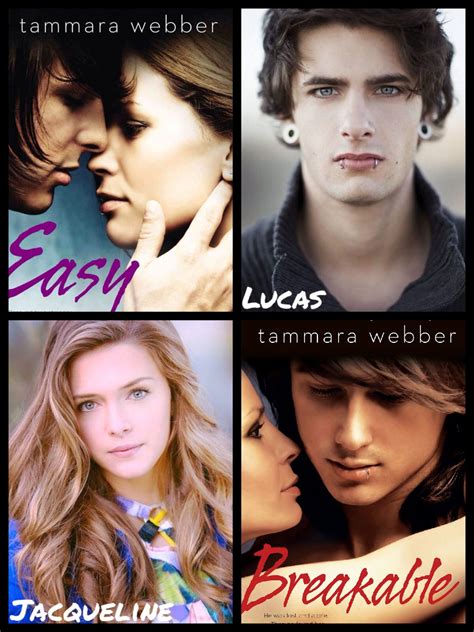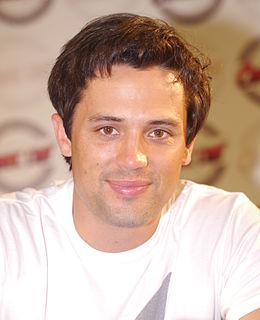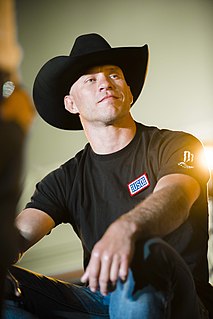A Quote by Jared Harris
When you're at drama school you spend so much time working on amazing texts and analyzing them, digging into them, and figuring out why it happens, why you are being asked to say what you're saying, and what the words mean. But then when you start working, most of the stuff would just fall apart if you subject it to that kind of scrutiny.
Related Quotes
I opened my mouth wide one time to see if the words I was thinking would fall out, but they wouldn’t. If words don’t want to come out, they don’t. I don’t understand when people say things and then they say, I didn’t mean to say that. Words don’t just fall out. You have to push them out. And sometimes, you can’t push them out, even if you want to.
I just feel incredibly lucky. I went to drama school and about 28 of us graduated. I graduated from drama school in 2000, and I would say about two of us are working and able to make a living out of it. It is a tough profession. To have the kind of success I have had is really amazing, and I am incredibly grateful.
The question is why one should be so inwardly preoccupied at all. Why not reach out to others in love and solidarity or peer into the natural world for some glimmer of understanding? Why retreat into anxious introspection when, as Emerson might have said, there is a vast world outside to explore? Why spend so much time working on oneself when there is so much real work to be done?
I am not really thinking, I am just, working with the music. And people have asked me, why don't you say more, or why do you not have singers, or why don't you sing? I think it's because, if I would have words for what I am doing, I I could write. But I really don't. It's a whole different thing. And I think it's one of the beauty of instrumental music is that it can be background. It can be what people call "easy listening." But it's really one of those things where it's as much as you are willing to give it.
Now the Thanksgiving meal is just so unnecessarily difficult. I mean even mashed potatoes - it's like the most difficult kind of, you know, medieval idea. All right, instead of just cooking them, why don't you spend, like, eight hours peeling them and then we'll have to mash them up. It feels like prison labor, really.
I always collect images, maybe because I was working with historic material - but even if I were working with contemporary material, I would do the same thing. I keep a kind of index of them while I'm working. I find them incredibly useful, not so much to illustrate a time, but to give some sense of the feeling of a time.
Working on 'Laguna' was great because just being in production and shooting stuff and having to go back and relive some things, and there were some lines here and there that the producers would want us to say, and just kind of, you're forced to recreate moments, and just working on the show was so much fun.
If you're having a bad day the main thing on the mental side is realizing that I'm having a bad day and thinking about why and then just kind of re-prioritizing and saying, "I'm going to let myself have this bad day, but tomorrow I'm going to get back on track." That's pretty much it. We all have them. You do have to let yourself have them and then go within and figure out why you're having it and prevent it from happening again.
When it became easy enough to do dairy online, then I just thought, "Oh, I'll start doing this. I'll put the parts online that aren't going to get me in trouble. I'll save the rest for myself." It became also this kind of self-therapy. I could write about stuff that was bothering me, or personal stuff. And the very personal stuff I could edit out. But it was kind of the catharsis of getting it out and writing about it, that made me think, "Okay, I see why people do this, why they keep these diaries." So I thought, "Well, let's see what happens when I post some of it."
I'm not just interested in the thoughts I have, but also in others' thoughts, and why not carry those forward? That's why American fiction can be so thin. All these fears, like not seeming to be original - I mean, hell, most stuff isn't. The question is whether you can articulate your thoughts for the moment in which you're living, which is a different time. Say them in a newer way. There are new events, and language changes - sensibilities change. We are writing in and of the time we're in. Oh, it's a weird time.




































